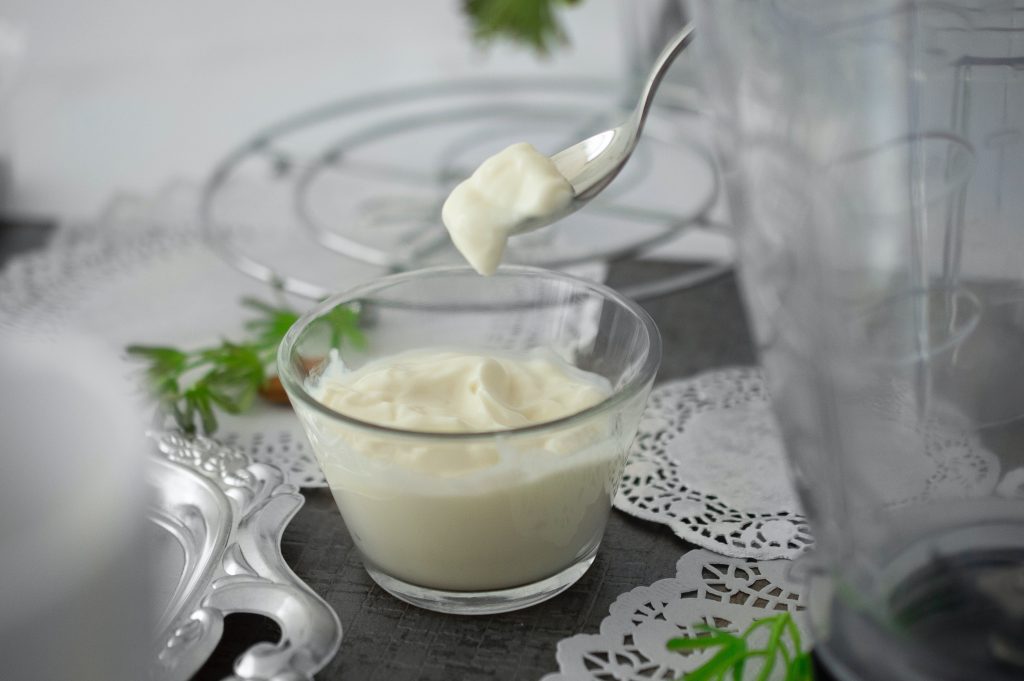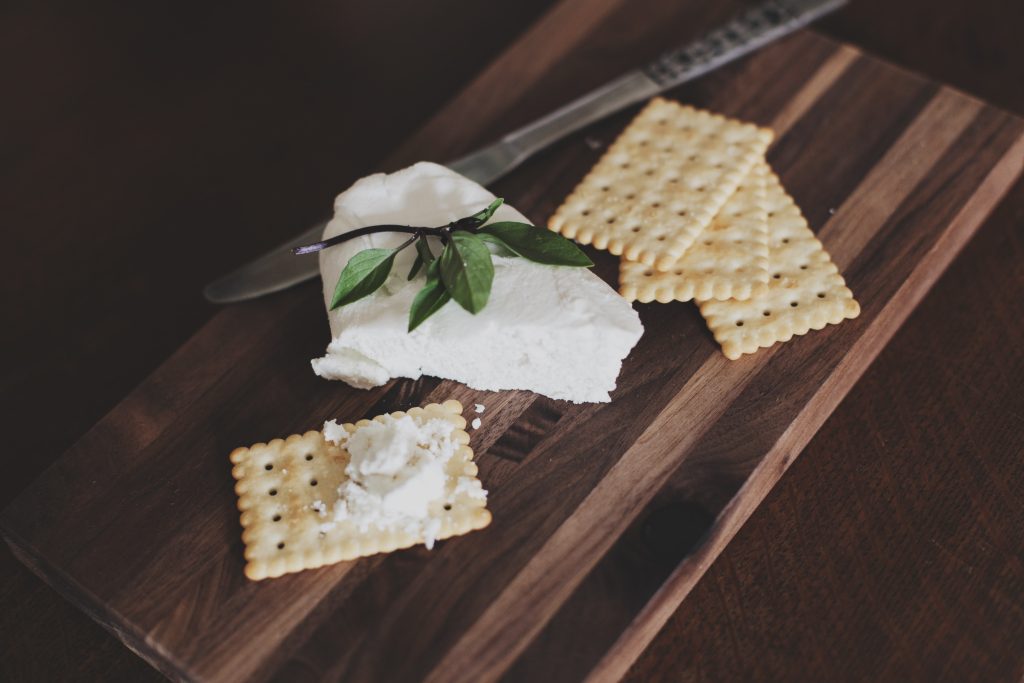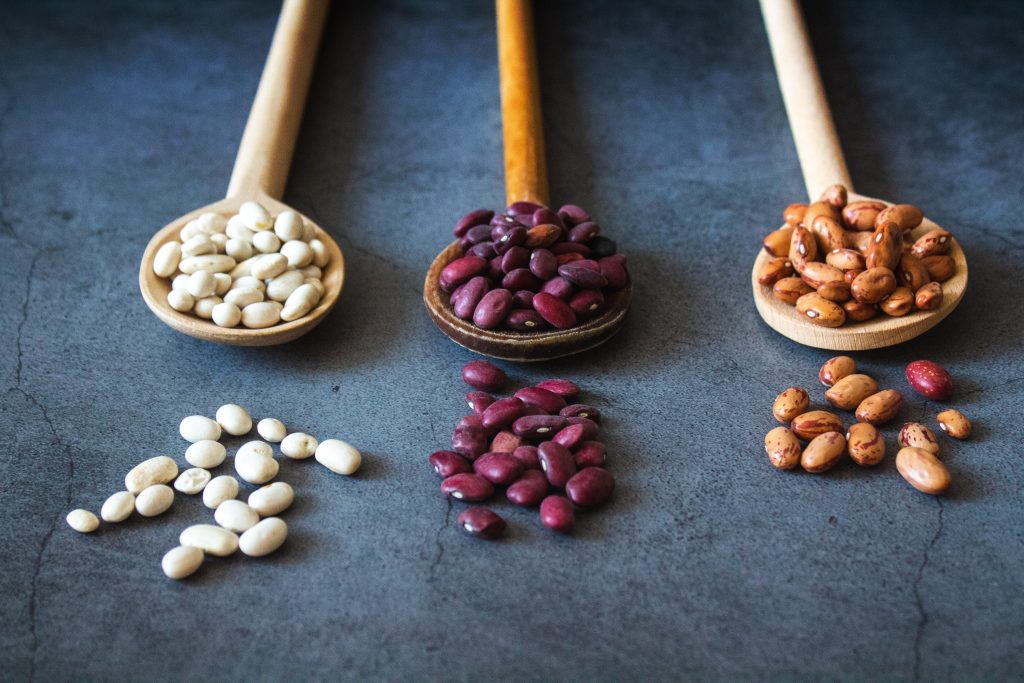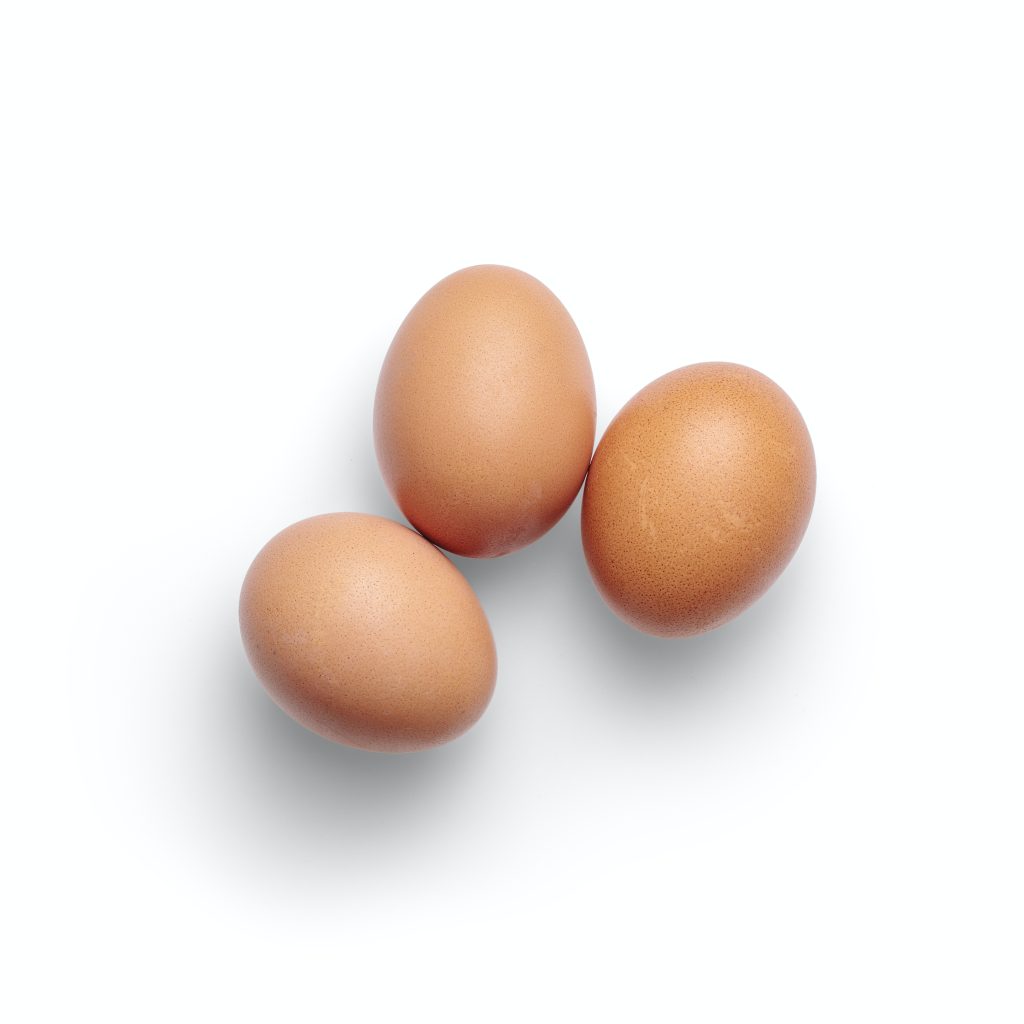Physical Address
304 North Cardinal St.
Dorchester Center, MA 02124
Physical Address
304 North Cardinal St.
Dorchester Center, MA 02124
Try these plant-based and meatless options if you practice a vegetarian diet to obtain your protein.
If you are following a vegetarian or vegan diet, or even if you are just attempting to eat less meat and more vegetables, these plant-based sources of protein make it simple to meet your daily protein requirements. Protein is an essential ingredient that is necessary for the development and maintenance of muscles, as well as the preservation of robust and healthy skin and hair. Additionally, it helps you feel full for longer.
Even though many people are curious about where vegetarians acquire their protein, it is not difficult for someone to consume the necessary quantity of protein while adhering to a vegetarian diet. According to the Dietary Guidelines, the recommended daily intake of protein for women is 46 grams, while the recommended daily intake of protein for men is 56 grams (but this does vary depending on your activity level, age and more). Find out just how much protein you ought to need in the everyday life.
To answer your question, the list of vegetarian proteins includes a great deal more than just tofu (which clocks in at about 9 grams per 3-ounce serving, for the record). Consider incorporating some of these plant-based foods that are rich in protein into your daily diet.
The addition of Greek yogurt to smoothies, parfaits made with fruit and granola, and as a substitution for sour cream on tacos or in dips, it is a delightful way to enjoy any of these foods. In addition, it offers the health benefits of calcium and probiotics to the digestive tract. If you want to cut down on the amount of sugar you consume, plain yogurt is the way to go.

Like hemp, chia seeds are nutrition packed. They are a source of protein, fiber, and omega-3 fatty acids. You can use them in the blender to make smoothies, you can make chia-seed jam to spread on toast, and you can even bake with them.
Quinoa stands out from other plant-based proteins due to the fact that it contains all nine of the essential amino acids, making this a great protein. This is something that the vast majority of other plant-based proteins do not possess. Additionally, there are 5 grams of fiber in one cup of cooked quinoa. Quinoa is an excellent source of many minerals and vitamins, including magnesium, phosphorus, manganese, zinc, iron, thiamine, and folate. Quinoa does not contain gluten, which is a significant benefit for people who suffer from celiac disease or any other form of gluten sensitivity.
The consumption of cottage cheese is gaining more and more popularity . Keep in mind that cottage cheese has a somewhat greater sodium content than Greek yogurt does if you’re trying to reduce the amount of salt you consume. You could use it as a savory dip, or you could try it sweetened up with fruit. Either way, it works nicely.

Hemp seeds are rich in protein, and they are an abundant supply of omega-3 fatty acids. They make a great topping for smoothies, smoothie bowls, and even porridge when sprinkled on top.
Beans, much like lentils, are a good source of fiber, a nutrient that most of us don’t consume nearly enough of. They are also an easy and economical method to add protein to a variety of dishes, including dips, tacos, salads, and soups. Additionally, beans are an excellent source of iron that comes from plants.

Edamame are green soybeans. You can find them in the freezer section of most grocery stores as well as on the menus of most restaurants that serve sushi. You can purchase them either with or without the shell. Purchase shelled to defrost and use as a source of protein in grain bowls, salads, and stir fry.
Peas are a good source of protein, despite the fact that most people don’t consider them to be one. Peas, especially green peas, are great when served as a side dish, added to soups or salads, or eaten on their own.
Fiber, protein, and fat can all be found in abundance in peanut butter and peanuts. This winning blend of nutrients enables you to feel full for longer. You can spread peanut butter over toast, mix it into smoothies, or make a sauce to go with savory dishes by using peanuts.
Almonds, like peanuts, include the super-filling trinity of fat, fiber, and protein all in one convenient package. They are a wonderful vegetarian alternative for putting an end to feelings of hunger. You may make nut butter with them, munch on a handful of them by themselves, or add them to salads to increase the protein content.
